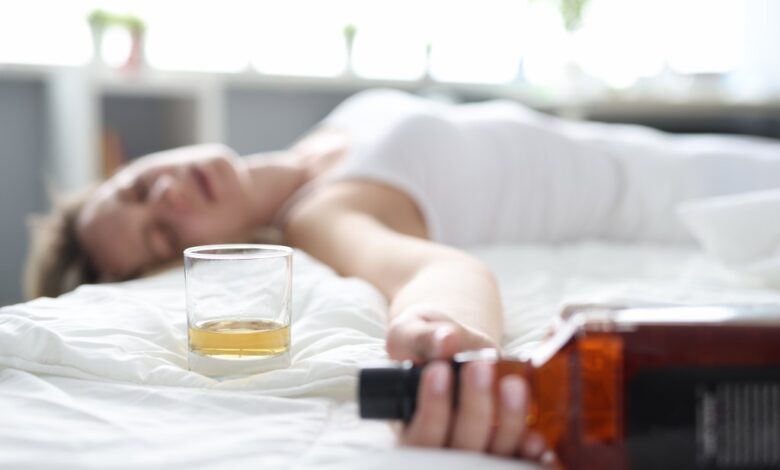AFib from binge drinking may be prevented with experimental treatment

Take heart — scientists say they may have found a way to prevent irregular heart rhythms caused by binge drinking, a phenomenon so common at Christmastime that it’s called “holiday heart syndrome.”
They will present their research this week at an American Heart Association conference in Chicago.
“Around the holidays, opportunities for celebration — often accompanied by heavy drinking — occur during a brief period of time,” explained lead study author Saugat Khanal, a post-doctoral scholar at The Ohio State University.
“Unfortunately, this sometimes sends revelers, even those with no previous heart condition, to the hospital with a racing or abnormally beating heart,” he added.
Atrial fibrillation (AFib) is the most common type of arrhythmia, which is the scientific name for a heartbeat that’s too slow, too fast or irregular in some other way. The condition can raise the risk of stroke and heart failure.

AFib affects more than 5 million US adults — about one-third of new diagnoses are related to alcohol use.
Repeated binge drinking — which is defined as five drinks within two hours for men and four drinks within two hours for women — can lead to high blood pressure, liver disease, an increased risk of cancer and serious arrhythmias.
Now, Khanal’s team says it has identified a heart-protective molecule that may prevent activation of a stress-induced protein in the heart that’s been shown to lead to AFib.
In their experiments, the researchers tried to simulate human holiday heart syndrome in mice. They found that the treatment they devised with the molecule Alda-1 reduced the stress protein spike tied to binge drinking and the resulting irregular heartbeats.
“Studies using larger animals will be a future direction to translate our exciting findings into clinical applications,” Khanal said.
Khanal’s findings still need to be reviewed by his peers before they are published in a scientific journal.
A separate study also being presented this week cautions premenopausal and menopausal women taking hormone replacement therapy against alcohol consumption because it can worsen heart function.




